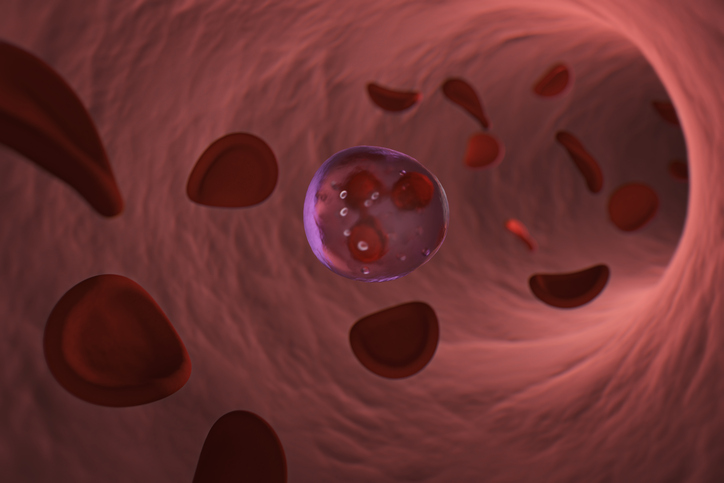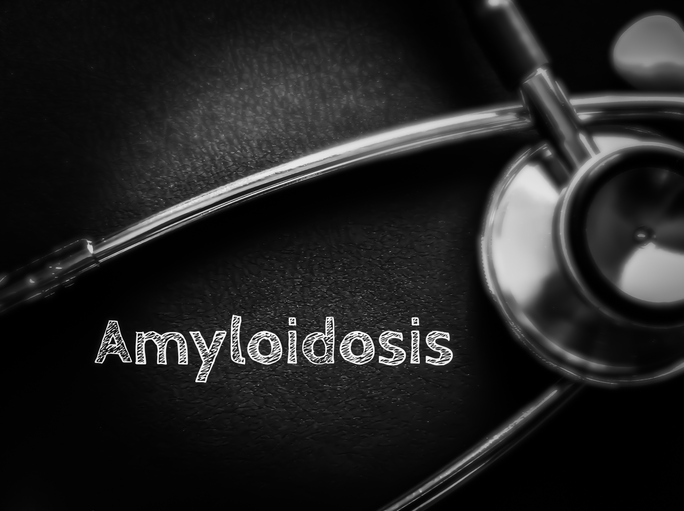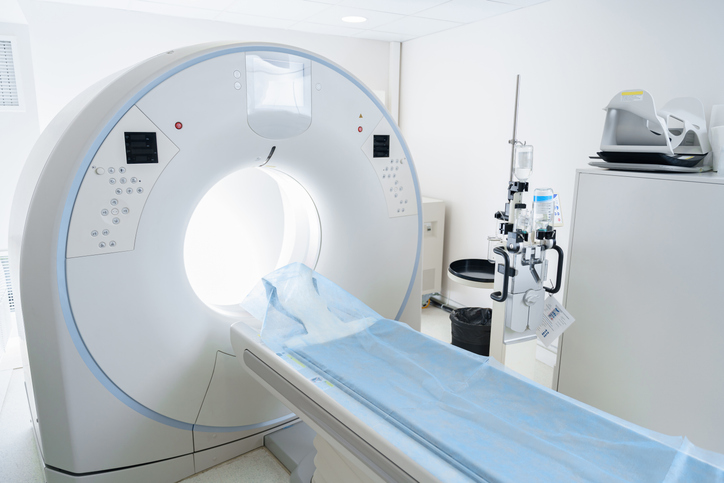
Albiglutide was superior to placebo for the reduction of major adverse cardiac events (MACE) in patients with type 2 diabetes and cardiovascular disease (CVD), new study results indicate.
The authors, publishing in The Lancet, conducted a double-blind, randomized, placebo-controlled study that included 9,463 patients who were randomly assigned (1:1) to either receive albiglutide (n=4,731) or placebo (n=4,732). The primary study outcome was first occurrence of cardiovascular death, myocardial infarction, or stroke. Median follow-up was 1.6 years.
Presenting now at #EASD2018: Albiglutide and cardiovascular outcomes in patients with
type 2 #diabetes and #cardiovascular disease (Harmony Outcomes): a double-blind, randomised placebo-controlled trial https://t.co/w6nUsgvK51 pic.twitter.com/Q1FRKU5ExZ— The Lancet (@TheLancet) October 2, 2018
According to the results, there were 611 total occurrences of the primary endpoint (338 of 4,731 [7%] in the albiglutide group versus 428 of 4,732 [9%] patients in the placebo group; HR=0.78, 95% CI, 0.68 to 0.90; P<0.0001 for noninferiority; P=0.0006 for superiority), indicating superiority for albiglutide. Pancreatitis, pancreatic cancer, medullary thyroid carcinoma, and other serious adverse events were not different between study groups.
“In patients with type 2 diabetes and cardiovascular disease, albiglutide was superior to placebo with respect to major adverse cardiovascular events,” the researchers wrote in their aabstract. “Evidence-based glucagon-like peptide 1 receptor agonists should therefore be considered as part of a comprehensive strategy to reduce the risk of cardiovascular events in patients with type 2 diabetes.”
https://twitter.com/jeremyprovance/status/1047112415073247232
Adding more HARMONY to the cardiovascular protection story for GLP-1R agonists in Type 2 Diabetes with CVD, albiglutude reduces MACE https://t.co/dw5zA7EEHv
— Julie A. Lovshin (@JulieALovshin) October 2, 2018
Albiglutide was SUPERIOR to PLACEBO with respect to MACE: Albiglutide & CC outcomes in patients with type 2 diabetes and cardiovascular disease (Harmony Outcomes): a double-blind, randomised placebo-controlled trial https://t.co/A1LRKlG5gp @EASDnews #EASD2018 #HARMONY pic.twitter.com/IyeSn3StGU
— James Boyle (@drjamesboyle) October 2, 2018
Another GLP1 analog reaches its primary endpoint.Worth of note, curves start separating after 1 yr, no CV death reduction (short duration?). No difference in body weight or SBP (?). However, may support rhe notion that benefits are not due to low BP or weight loss.#cardiotwitter https://t.co/YELnKaAXen
— Sergio Kaiser MD, PhD, FACC, FESC 🇧🇷🇮🇱🇷🇴🇺🇦 (@pabeda1) October 2, 2018
Source: The Lancet







 © 2025 Mashup Media, LLC, a Formedics Property. All Rights Reserved.
© 2025 Mashup Media, LLC, a Formedics Property. All Rights Reserved.